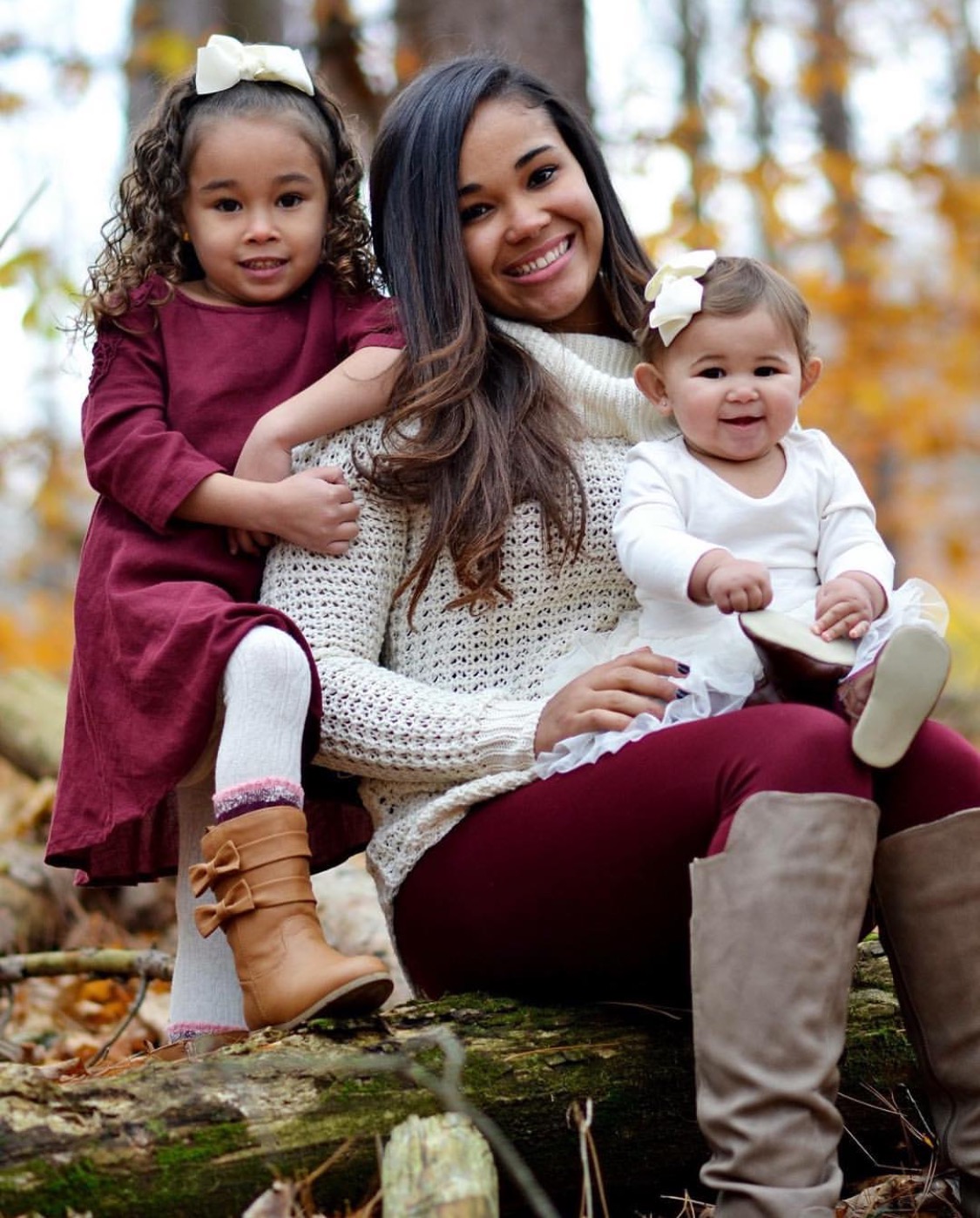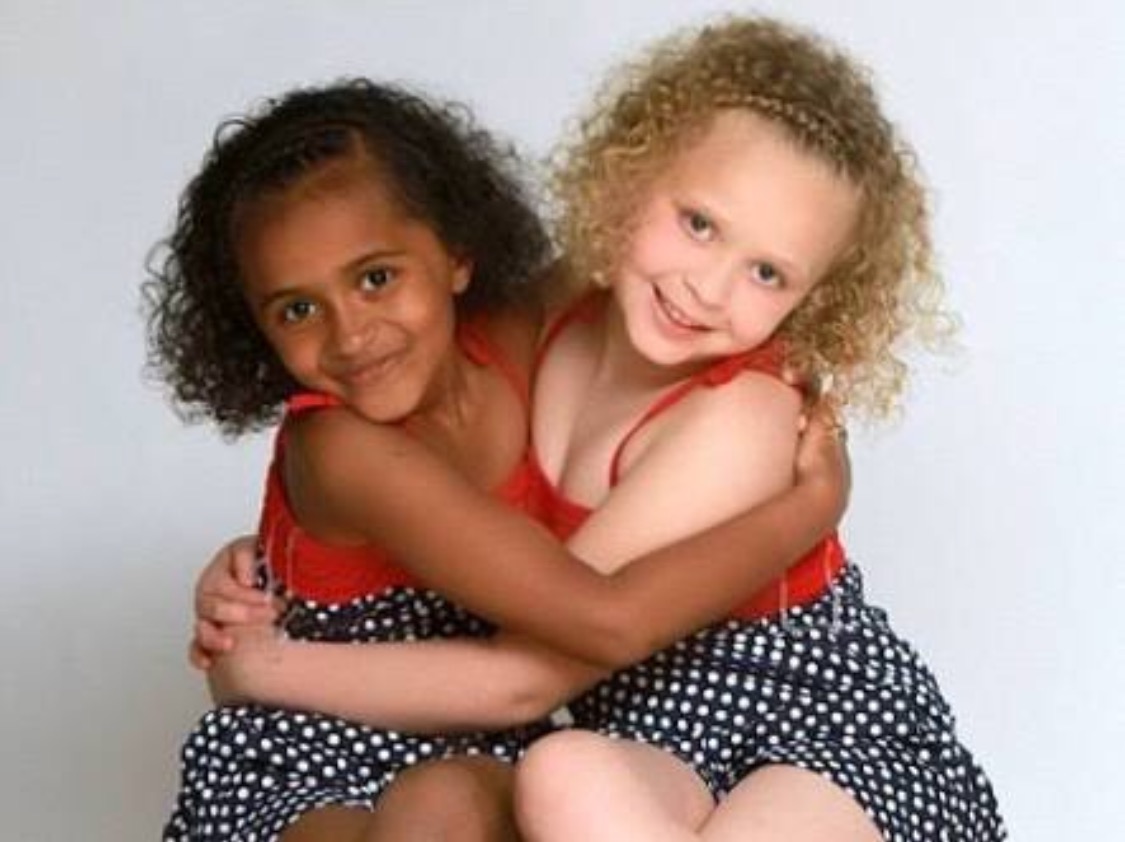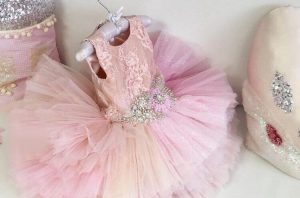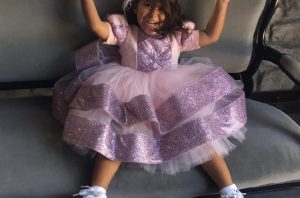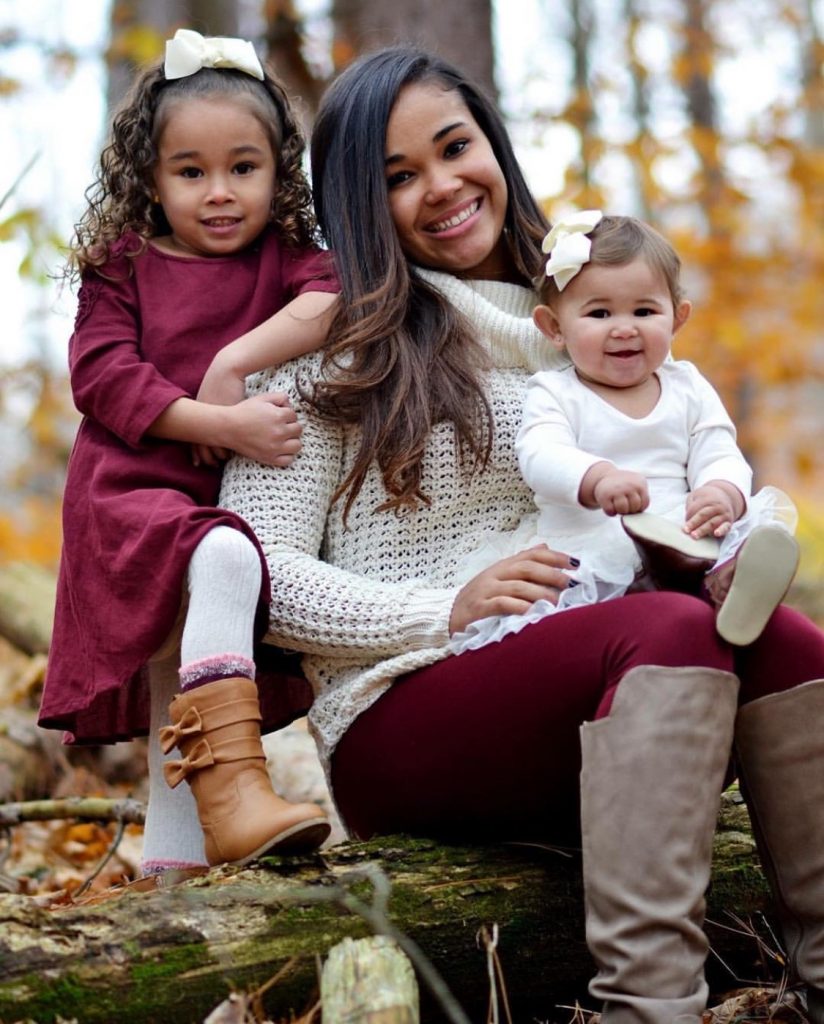
There are approximately 7 million people in the United States who identify as mixed-race, with half of these being under the age of 18, and it is estimated that the mixed-race population in the U.S. will reach 21% by 2050. Yet, multiracial individuals and families remain marginalized and overlooked by mainstream U.S. society. As a result, the unique issues and struggles they face are often poorly understood by professionals, co-workers, friends and extended family, making it difficult to successfully manage challenges when they arise.
Signs of Racially-Based Struggles in Multiracial Families
All families, regardless of race, encounter challenges and stressors, but there are a variety of unique racially-based issues and struggles that tend to confront multiracial families. To assess if your family may be grappling with any of these, consider the list of questions below.
1. “Who am I?”
2. “Whose side are you on anyway?”
3. Are the misdeeds of one held against all?
Racial Devaluation
Racial devaluation occurs when negative attitudes and behaviors are expressed toward any of the racial groups represented in the family. This may occur directly when family members make denigrating racial comments, or indirectly through behaviors where lighter or “whiter looking” children are treated more favorably than darker children. How might you or other family members express racial devaluation? How often does this happen? What effects might this have on the family, especially on children?
* Between Brothers and Sisters: While some sibling rivalry and conflict is natural, beware of when it becomes racial. Tensions among siblings around differences in complexion, hair textures, eye color, and facial features often are tied to painful wounds that can strain relationships and compromise healthy racial identity development.
* Do any of the sibling conflicts in your family revolve around racial issues? If yes, how?
* “Race doesn’t matter in our family”: Wanting to see everyone as “just human” and to not make race “an issue” leads some families to avoid talking about race altogether. Yet race and racism are inescapable realities in our society. Families who don’t talk directly about race often fail to provide their children with the racial socialization they need to understand and manage racial realities outside of the family. As Mr. Franklin explained, “In this family, we’re all people, so we don’t dwell on the race stuff.” While a noble ideal, in refusing to address race, Mr. Franklin failed to prepare his son, Mike (half white and half Asian), to handle the “the race stuff” he encountered when he went away to college.
* Is it hard for your family to discuss race openly and directly? What messages do kids learn about race and how are they prepared to manage racial issues in the wider world?
When friends are unfriendly
Many mixed-race kids experience racial scorn and rejection from peers. Such experiences are painful but with appropriate guidance and affirmation children can cope successfully. If and when your children encounter racial rejection from peers, do they talk to you about these experiences? Do your children have the coping skills and resources to manage these experiences with confidence?
What to do If any of these signs are present in your family
If you recognize any of these signs in your family, consulting with a marriage and family therapist is highly recommended. Family therapists are trained to understand, restructure, and heal family relationships. A family therapist may spend some time meeting alone with parents or just with kids, but at all times they are working for the benefit of both the whole family and for each individual member.
What to look for in a family therapist
Seeking the services of a family therapist is similar to finding the right pair of shoes: sometimes you have to try several pairs before you find the right fit. The most important thing is to feel comfortable with your therapist and sense she or he is a person you can grow to trust. It is useful to select a therapist who is comfortable and willing to discuss race openly and directly. One of the best ways to test this out is to bring up the topic of race and observe how comfortably the therapist responds.I

